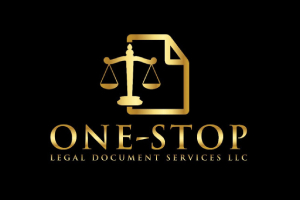
Voter Identification Law Challenge
Voter Identification Law Challenge
A Voter Identification Law Challenge is a legal action brought by individuals, advocacy groups, or political parties to contest the constitutionality or legality of voter identification laws. Voter identification laws are state laws that require voters to present a specific form of identification, such as a driver’s license or passport, in order to cast a ballot. Proponents of these laws argue that they are necessary to prevent voter fraud and ensure the integrity of elections. However, opponents argue that these laws can disproportionately impact certain groups of voters, such as low-income individuals, racial and ethnic minorities, and the elderly, who may face barriers to obtaining the required identification. A Voter Identification Law Challenge typically involves filing a lawsuit in state or federal court, arguing that the law violates constitutional rights such as the right to vote or equal protection under the law. The challenge may also argue that the law is discriminatory or imposes an undue burden on voters. If successful, a Voter Identification Law Challenge can result in the law being struck down or modified to ensure that all eligible voters are able to exercise their right to vote.
